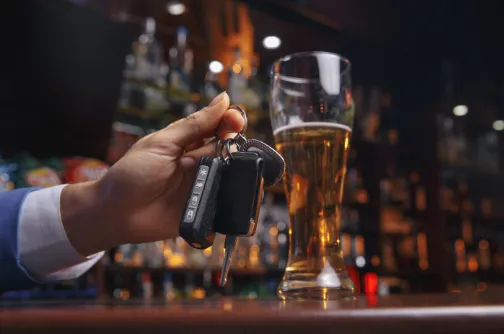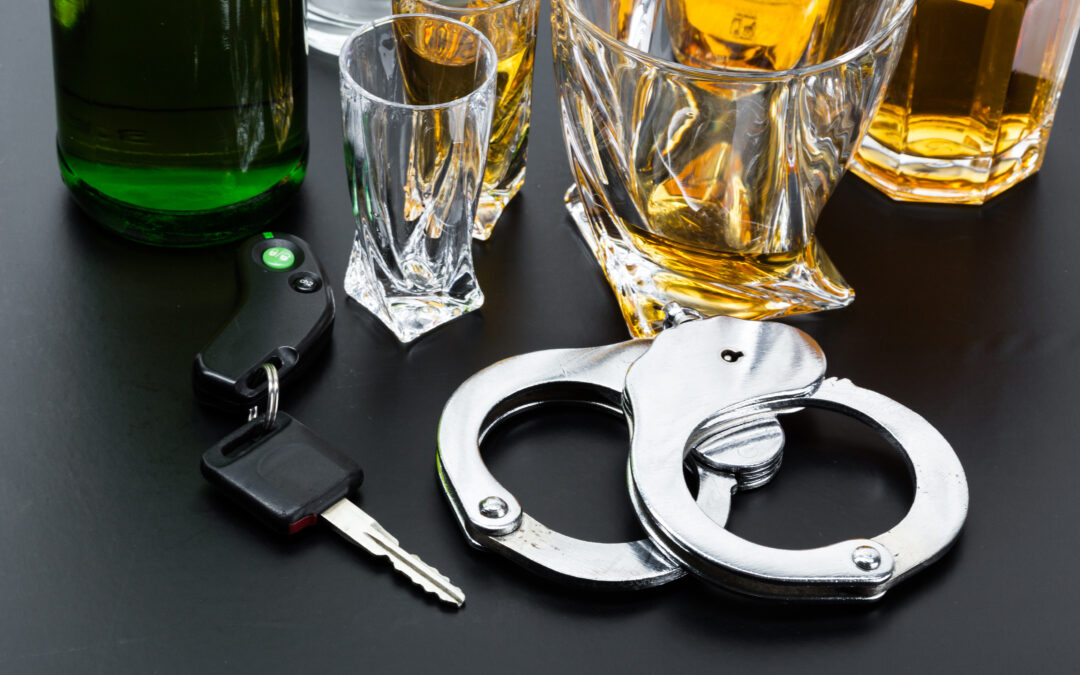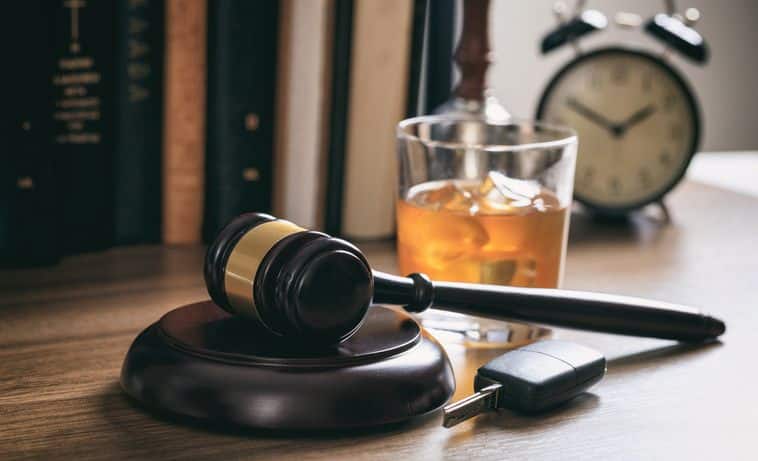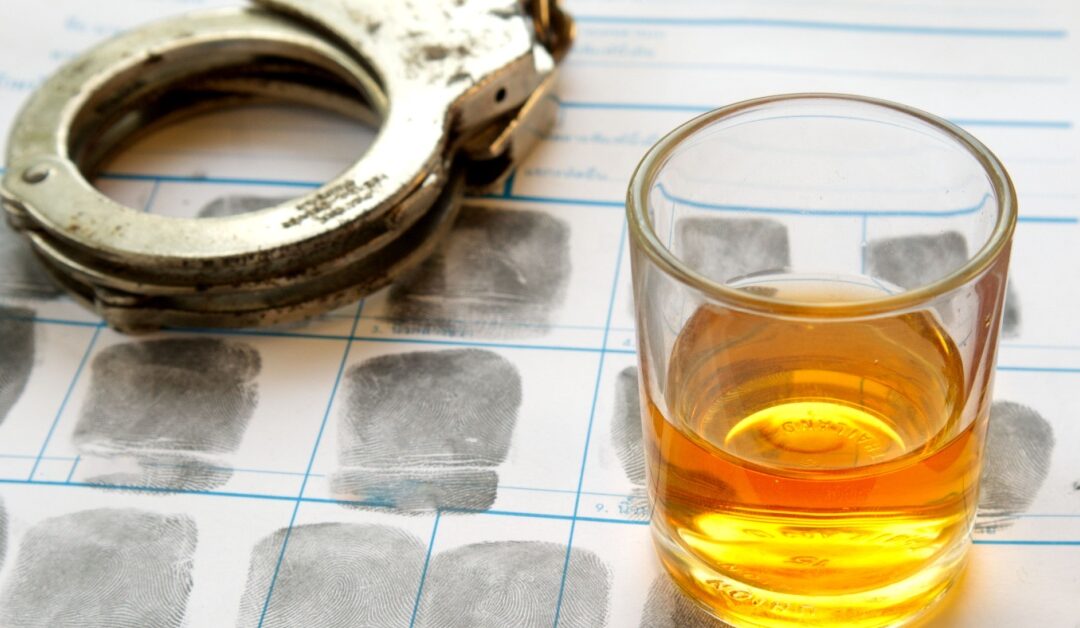
Admitted to Driving Drunk? You Still Can (and Should) Fight Your DUI in SC
Did you admit to driving drunk during your DUI arrest? If so, you are not alone—many people make this same mistake. But, now that you’ve made it, it is critical that you do not make any more mistakes that could jeopardize your defense. Even in this scenario, you can (and should) fight your DUI in South Carolina. Here’s what you need to know:
Fighting a DUI in South Carolina When You Admitted to Driving Drunk
Even if you told the arresting officer that you had been drinking, this doesn’t necessarily mean that you will be found guilty of driving under the influence (DUI) in court. While you might be facing an uphill battle to avoid a conviction, you might also have a variety of defenses available.
There Could Be Issues with Your Confession
First and foremost, there could be issues with your confession. Just because you admitted to driving drunk, this doesn’t necessarily mean that prosecutors will be able to (or should be able to) use your own words against you. Some examples of potential issues include:
You Didn’t Actually Admit to Driving Under the Influence
What exactly did you say to the police? Did you actually admit to drinking and driving? Or, did you just admit to drinking?
If you said something like, “Yes, I was drinking earlier this evening,” this does not prove that you were drunk at the time of your arrest. Simply proving that you had a drink (or even a few drinks) is not enough for prosecutors to secure a DUI conviction in South Carolina. To secure a conviction, prosecutors must be able to prove that either: (i) your drinking caused your blood alcohol concentration (BAC) to be over the limit while you were driving; or, (ii) your drinking caused you to be, “under the influence of alcohol to the extent that [your] faculties to drive a motor vehicle [were] materially and appreciably impaired.”
You Didn’t Actually Know Whether You Were Driving Under the Influence
This brings us to the next potential issue with your confession: Even if you thought you were driving under the influence, the reality is that you had no practical way of knowing whether you were breaking the law.
If you didn’t know your BAC and you didn’t know what it means to be “materially and appreciably impaired,” then you didn’t know whether you were guilty of driving under the influence(DUI). If your confession isn’t reliable, then prosecutors shouldn’t be able to use it against you.
It is important to keep in mind, however, that even if prosecutors can’t rely solely on your confession to secure a conviction, they may still be able to use it as one piece of evidence in your case. For example, if you admitted to drinking and the arresting officer observed you driving erratically, prosecutors may be able to put these together (along with any other evidence that may be available) to build a case for a “Guilty” verdict at trial.
Police Obtained Your Confession in Violation of Your Rights
With this in mind, it may be necessary to challenge the admissibility of your confession on other grounds as well. One way to do this is by showing that the police obtained your confession in violation of your rights.
If the police stopped you without reasonable suspicion, arrested you without probable cause, or questioned you in custody without reading your Miranda rights, all of these are issues that could potentially render your confession inadmissible. Crucially, if the police stopped you without reasonable suspicion or arrested you without probable cause, this could also render the prosecution’s other evidence against you inadmissible in court. If your confession (or any other evidence) is inadmissible in court, prosecutors won’t be able to use it to seek a conviction.
You Could Have Additional Defenses Available
In addition to raising issues with the reliability and admissibility of your confession, you may be able to use other defenses to fight your DUI as well. There are several potential defenses to DUI charges in South Carolina, and an experienced DUI defense lawyer will be able to assess all of your options for fighting to avoid penalties and a stain on your permanent record.
Some examples of other defenses you might be able to use to fight your DUI include:
- The police failed to record your DUI stop (as required by South Carolina law)
- The police failed to make a valid arrest
- Your BAC reading is unreliable (i.e., because the breathalyzer wasn’t calibrated)
- Your BAC wasn’t over the legal limit when you were driving
- Your field sobriety test results (as reported by the arresting officer) are unreliable
- You were deprived of your right to an attorney or other fundamental rights
Importantly, while there are several potential defenses to DUI charges in South Carolina, there are also “defenses” that don’t work. As you prepare to fight your DUI charge, you will need to be careful to avoid mistakes that could lead to an unnecessary conviction.
You Could Be Eligible for Pretrial Diversion or a Plea Bargain
Finally, while fighting your DUI charge is one option, it isn’t necessarily the only option you have available. For example, if this is your first DUI, you may be eligible for pre-trial diversion—which provides an opportunity to avoid a conviction regardless of the circumstances of your case. If you aren’t eligible for pre-trial diversion and you don’t have a viable defense to your DUI charge, then seeking a plea bargain that reduces your charge to a “wet reckless” may be an option as well.
Discuss Your Case with an Experienced DUI Defense Lawyer in Rock Hill, SC
Did you admit to drinking or driving drunk during your DUI arrest? If so, we can help you, but it is important that you contact us promptly. To discuss your case with an experienced DUI defense lawyer in Rock Hill, SC as soon as possible, call us at 803-328-8822 or tell us how we can reach you online today.





